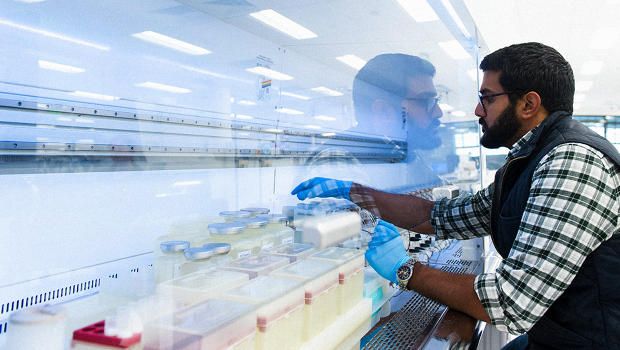Epigenetic changes, not DNA mutations, drive some metastasis.
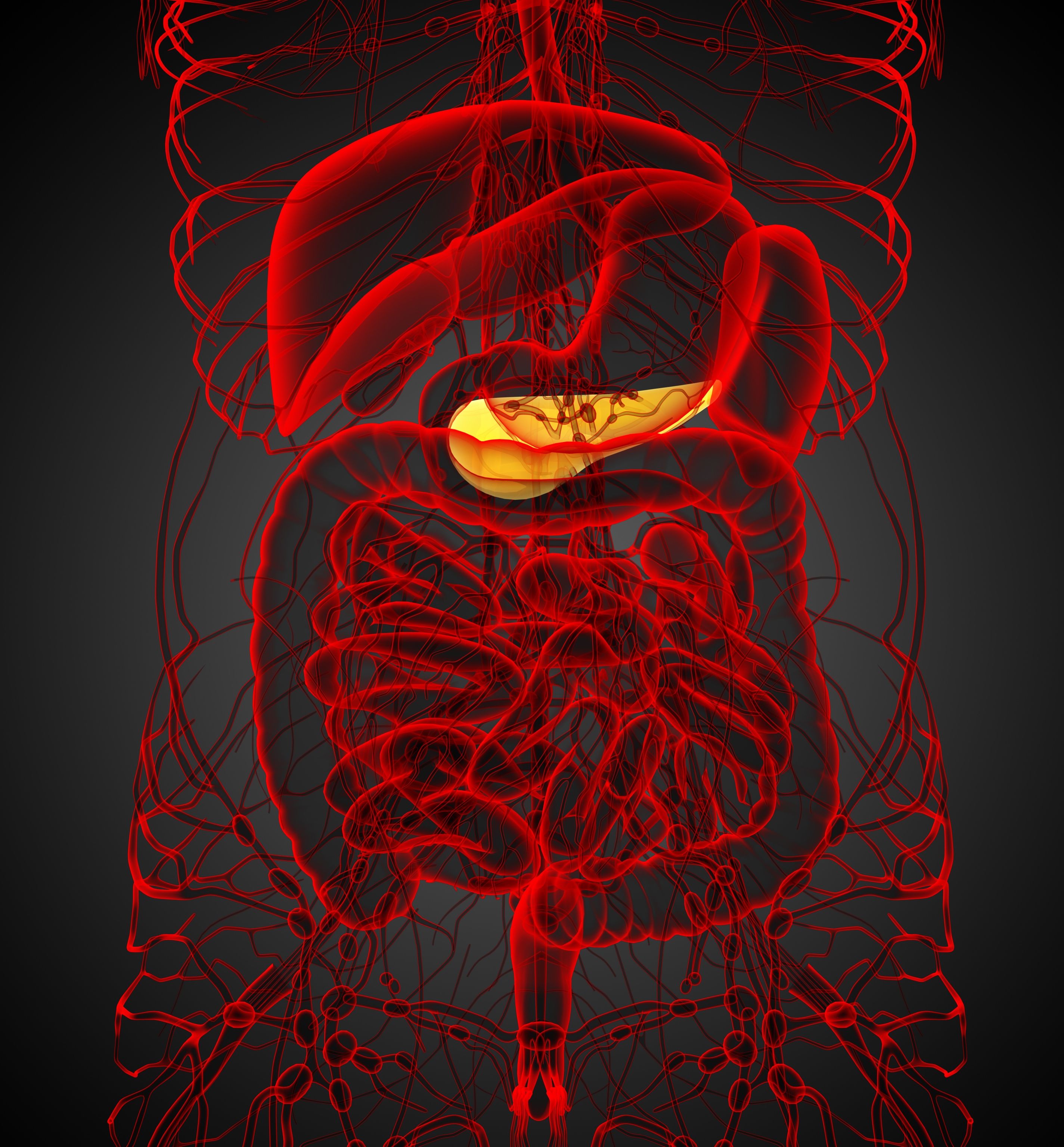


— longer synthetic DNA accelerates customer discoveries —
SAN FRANCISCO, Calif. – January 10, 2017 – Twist Bioscience, a company accelerating science and innovation through rapid, high-quality DNA synthesis on silicon, today announced that it is now shipping genes up to 3,200 base pairs (3.2 kilobase or kB) in length to Ginkgo Bioworks under their existing supply agreement.
“Twist Bioscience continues to deliver record volumes of the highest-quality DNA to advance our organism engineering efforts, meeting or exceeding our aggressive timelines,” said Jason Kelly, CEO and co-founder of Ginkgo Bioworks. “With the availability of synthetic genes up to 3.2kB from Twist, we are able to expedite the rapid prototyping of organism designs to generate cosmetics, nutritional ingredients, flavors, fragrances and other important ingredients.”
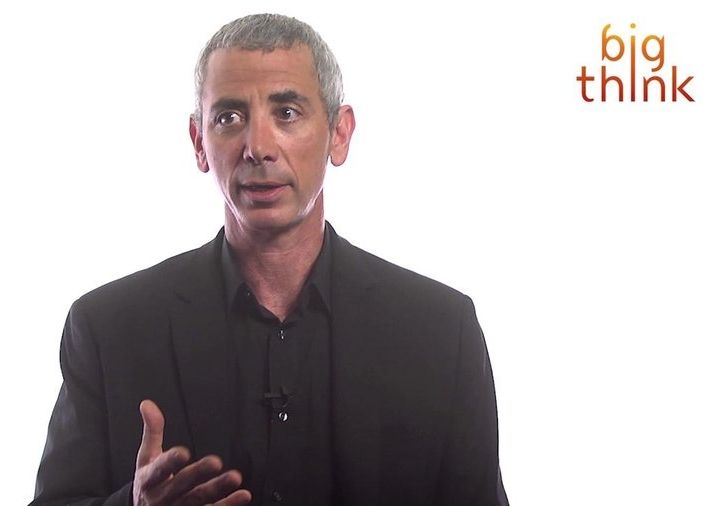
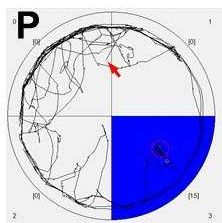
(Phys.org) —Tufts University biologists using new, automated training and testing techniques have found that planarian flatworms store memory outside their brains and, if their heads are removed, can apparently imprint these memories on their new brains during regeneration.
The work, published online in the Journal of Experimental Biology, can help unlock the secrets of how memories can be encoded in living tissues, noted Michael Levin, Ph.D., Vannevar Bush professor of biology at Tufts and senior author on the paper.
“As bioengineering and biomedicine advance, there’s a great need to better understand the dynamics of memory and the brain-body interface. For example, what will happen to stored memory if we replace big portions of aging brains with the progeny of fresh stem cells?” said Levin, who directs the Center for Regenerative and Developmental Biology in Tufts’ School of Arts and Sciences.
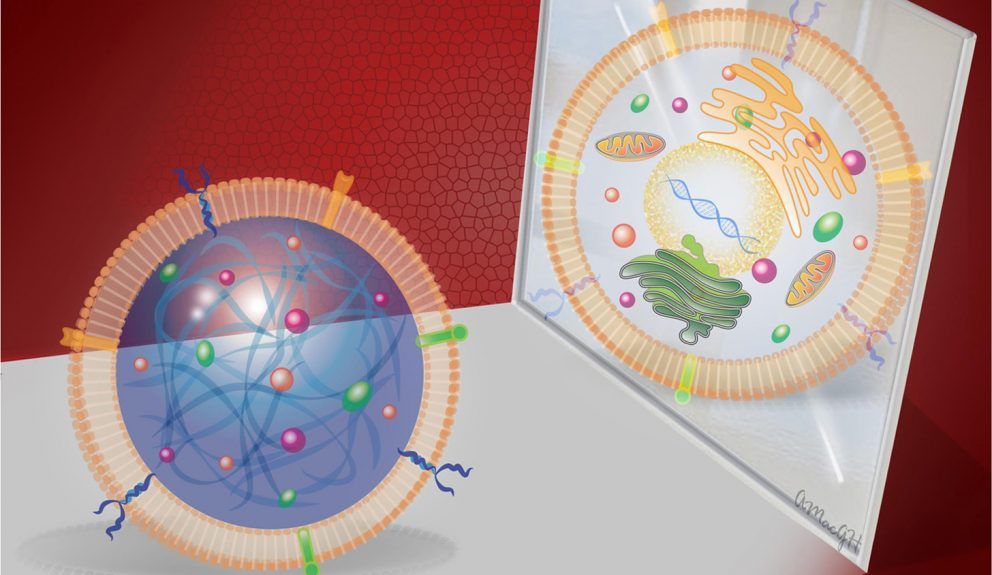
Researchers from North Carolina State University, the University of North Carolina at Chapel Hill and First Affiliated Hospital of Zhengzhou University have developed a synthetic version of a cardiac stem cell. These synthetic stem cells offer therapeutic benefits comparable to those from natural stem cells and could reduce some of the risks associated with stem cell therapies. Additionally, these cells have better preservation stability and the technology is generalizable to other types of stem cells.
Stem cell therapies work by promoting endogenous repair; that is, they aid damaged tissue in repairing itself by secreting “paracrine factors,” including proteins and genetic materials. While stem cell therapies can be effective, they are also associated with some risks of both tumor growth and immune rejection. Also, the cells themselves are very fragile, requiring careful storage and a multi-step process of typing and characterization before they can be used.
Ke Cheng, associate professor of molecular biomedical sciences at NC State, associate professor in the joint biomedical engineering program at NC State and UNC, and adjunct associate professor at the UNC Eshelman School of Pharmacy, led a team in developing the synthetic version of a cardiac stem cell that could be used in off-the-shelf applications.
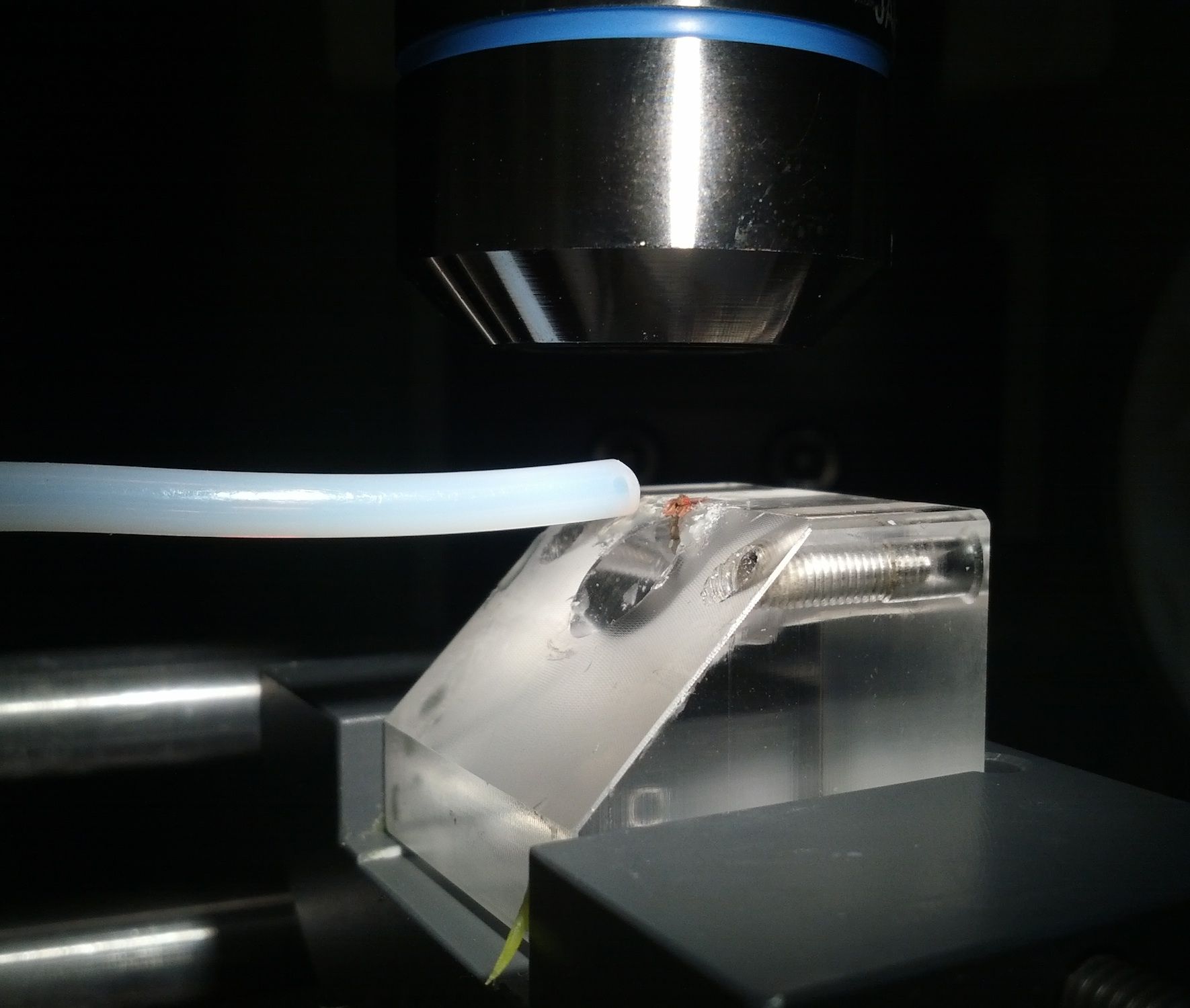
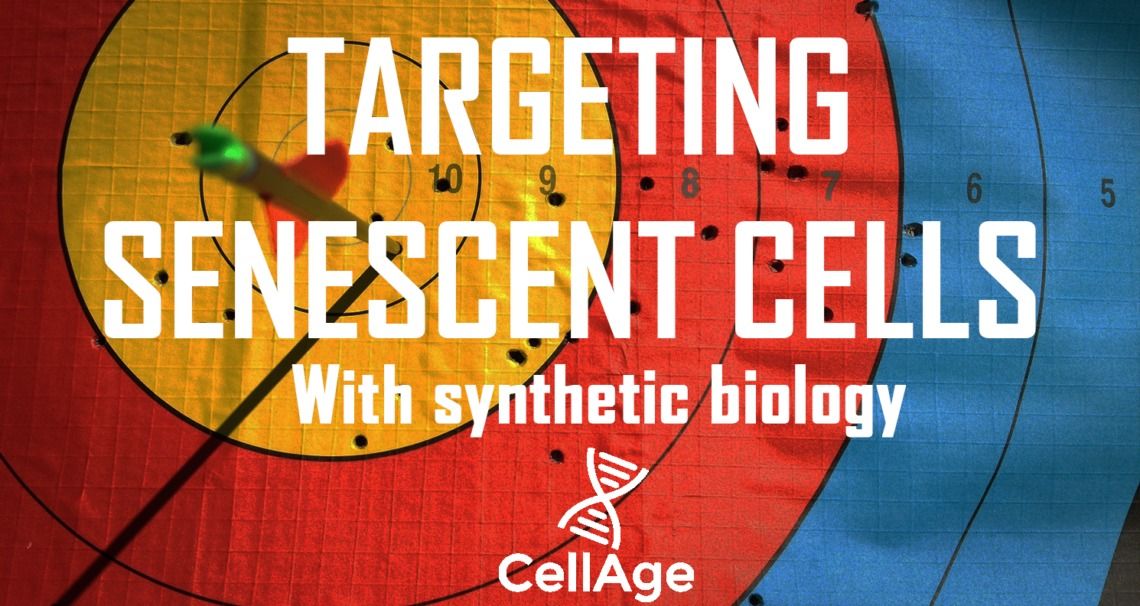
The Cellage synthetic biology digest.
The field of synthetic biology holds the potential to treat a variety of aging processes and treat age-related diseases. Synthetic biology allows biologists to create new functions in cells by creating synthetic cellular programs and could allow us to combat age-related diseases in ways never before considered.
#aging #crowdfundthecure

CRISPR can help us end many diseases and guide evolution and is probably one of the most powerful tools we have recently added to our toolkit.
Imagine you could edit a mouse’s genes to be resistant to Lyme Disease. The mouse would breed and evolution would take its course, leading to the extinction of the disease. That’s the vision for scientists developing CRISPR, technology that allows scientists to rewrite the code of life. William Brangham talks to Michael Specter who wrote about CRISPR for The New Yorker.
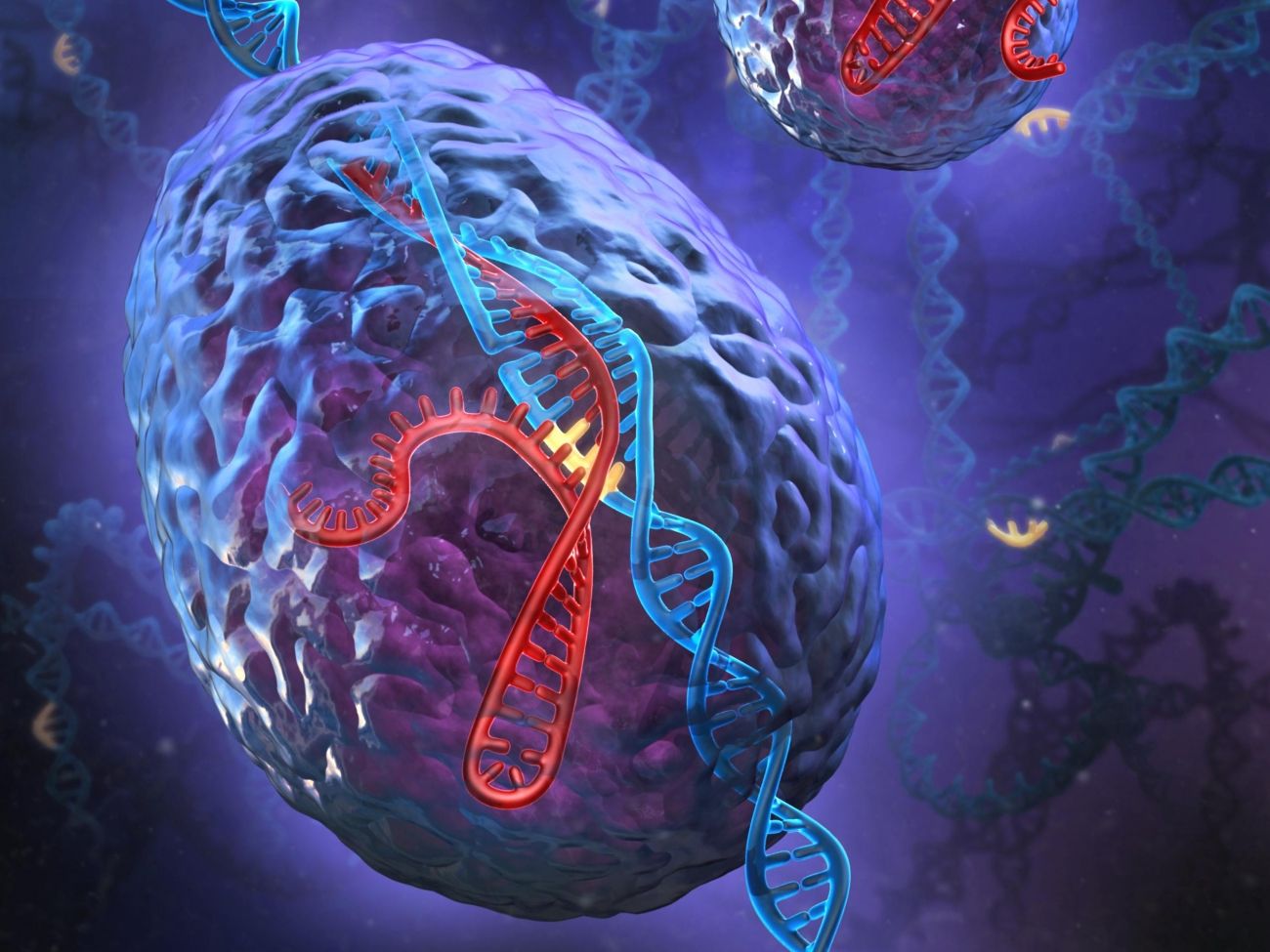
Nice.
Synthetic RNA kit business Synthego has raised $41 million to step up its efforts to make CRISPR gene editing easier and more accurate. The West Coast startup relied heavily on tech VCs for the cash, but also gained validation from having CRISPR pioneer Jennifer Doudna invest in its business.
Redwood City, CA-based Synthego exited stealth in August, four years after it was set up by two former SpaceX computer engineers. In those early years, which were bankrolled by an $8.3 million investment in 2013, Synthego established an automated manufacturing process for guide RNA products that it thinks sets it apart from larger competitors in terms of cost, turnaround time and editing efficiency.
Sythengo has persuaded some big names it is on to something. 8VC, an infrastructure-focused VC that also invested in uBiome, led the round with support from fellow new backers AME Cloud Ventures, Elements Capital, OS Fund, Alexandria Equities and ZhenFund. Existing investors including Peter Thiel’s Founders Fund and Menlo Ventures also contributed to the Series B round.
